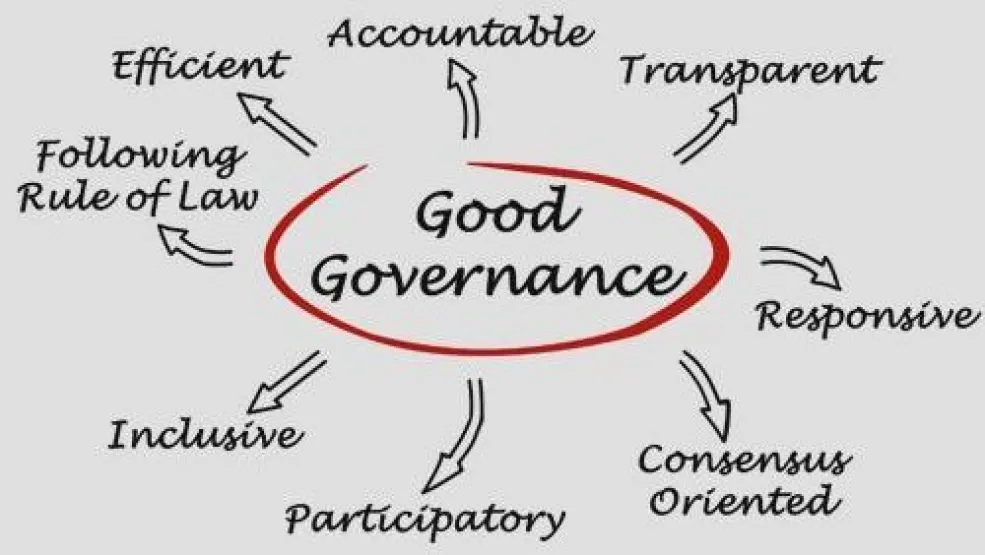Zafar Iqbal
Why Effective Governance is Crucial for Establishing Public Trust in Pakistan
In any democratic dispensation, effective governance is crucial for establishing public trust. It ensures the government’s transparency, accountability, and responsiveness, which are essential for creating a fair and equitable society. However, the lack of such governance in Pakistan has led to a steady erosion of public trust in government institutions. This erosion could potentially weaken our state’s foundations and promote political volatility, highlighting the urgent need for governance reform. The consequences of this erosion are not just theoretical, but are already being felt in our society, with a growing sense of disillusionment and unrest.
The Worldwide Governance Indicators ranks Pakistan’s institutional quality “near the bottom among 200 countries,” which creates distrust, uncertainty and lack of confidence in our policymaking and implementation institutions. Our inability to build an equitable governance system has resulted in a widening wealth gap between different segments of society, which is creating a lot of resentment against unfairness and deprivation. The youth of today, who are the future of our nation, are losing hope and trust in the state, and we are witnessing an exodus of not only skilled human capital but also the common person for greener pastures. It is our collective responsibility to address this issue.
When critical public services institutions such as the judiciary, ministries, regulatory bodies, and line departments at federal and provincial levels are unable to play an effective role in maintaining the rule of law and ensuring effective delivery of services, then it depletes the trust level. Public trust plays a crucial role in creating synergy in the system, promoting cooperation among different stakeholders, and promoting development in the country. The biggest socio-economic challenges of Pakistan cannot be addressed in the absence of a robust governance system, which would establish trust in our public institutions and minimize the chances of political volatility.
In Pakistan, poor service delivery has played a significant role in governance failure. For instance, the public sector has struggled to provide effective and efficient healthcare services, leading to a trust deficit in government institutions. Similarly, our education system has been marred by corruption and mismanagement, further eroding public trust. These examples highlight the severity of the governance issues we face.
To address the issue of trust deficit, there is a need to bring qualitative changes in our governance structures at federal, provincial, and local levels. This includes making them ‘lean’ by reducing bureaucracy and streamlining processes, and ‘smart’ by leveraging technology for efficient service delivery. The rapid emergence of destructive technologies and Artificial Intelligence (AI) is not only posing new challenges to the government and the public functionaries but also rendering the stereotyped working approaches redundant, underscoring the importance of adapting to these changes.
Our systems have to be responsive to the needs of time while eliminating inefficiencies, distortions, and waste of resources. In terms of building trust in the state, the ‘paramount driver’ is respect for the rule of law. This means ensuring that laws are fair, just, and applied equally to all citizens, along with ensuring effective policymaking and its implementation. Governance at the ministerial and departmental levels shall have to be more transparent, responsive, equitable, and corruption-free, with an inclusive approach for better delivery systems. Operational inefficiencies need to be addressed by simplifying the procedural and regulatory regime with the help of automation.
Public servants play a crucial role in governance reform. They are not just passive actors in this process, but active participants who can make a significant difference. They need to acquire new skills and competencies to deliver effectively. Public trust is critical not only to expanding state capacity in the long run but also to tackling challenges such as revamping the economy, climate change, and law and order. Their active participation is vital in this process, and they have the power to shape the future of our governance system.
















